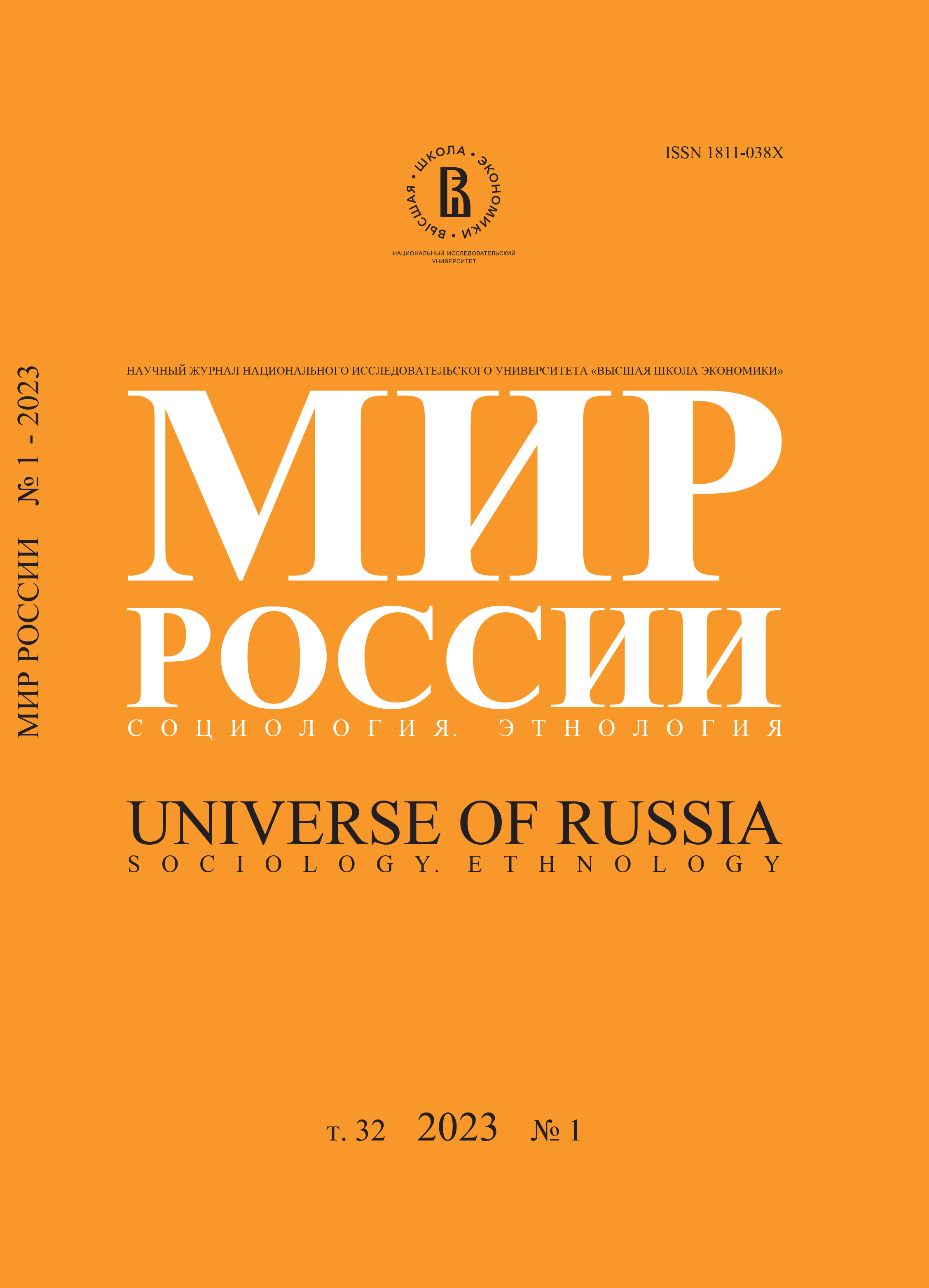The Human Capital of Russian Informal Workers: A Non-Cognitive Skills Perspective
Abstract
The use of human capital in most productive sectors of the economy is the main source of economic growth in all countries. However, one of the features of many modern labor markets is the significant number of informal jobs that do not offer high wages, job security, employee rights, or opportunities for the development of labor productivity and skills. Any discussion of the skills of informal workers is impossible without considering the peculiarities of their human capital—their non-cognitive skills, i.e., personality traits. According to modern psychological and economic studies, it is precisely the non-cognitive parameters of human capital—soft skills—that determine employment type and the development of cognitive skills, allowing workers to move to better jobs. A comparative analysis of non-cognitive skills among formal and informal workers has not been previously carried out in Russia. It is, however, of particular interest, because in Russia the risks of informal employment strongly depend on education. This study fills this gap using data from a special module of the 2016 RLMS-HSE focusing on non-cognitive skills. The results demonstrate that the division of the labor market into employees with or without official contracts is not associated with most of their non-cognitive skills. However, there is a significant difference in non-cognitive skills between employees and those who are out of the labor force. Thus, developed non-cognitive skills are associated with significant advantages in the form of employment as such, but informal jobs generally attract workers who do not differ in their non-cognitive skills from the formal ones. This can be explained by the fact that the main reason for informal employment expansion in Russia is the reduction of formal jobs, which pushes wage workers into employment without official contracts.






